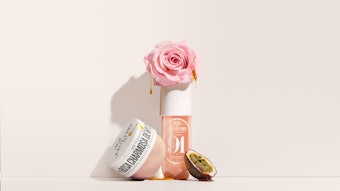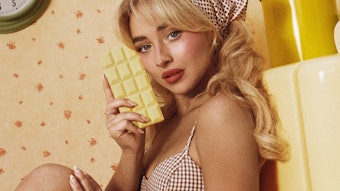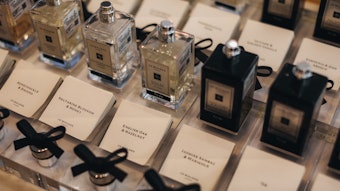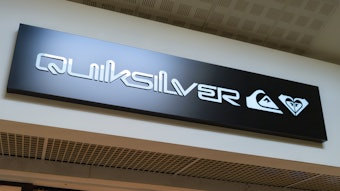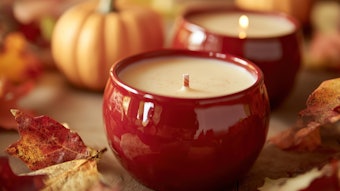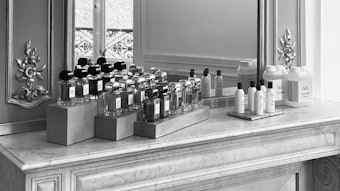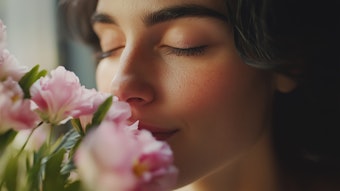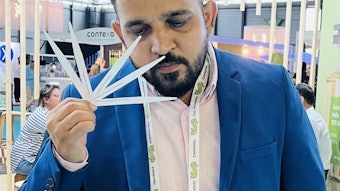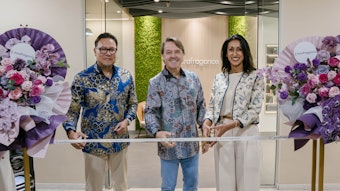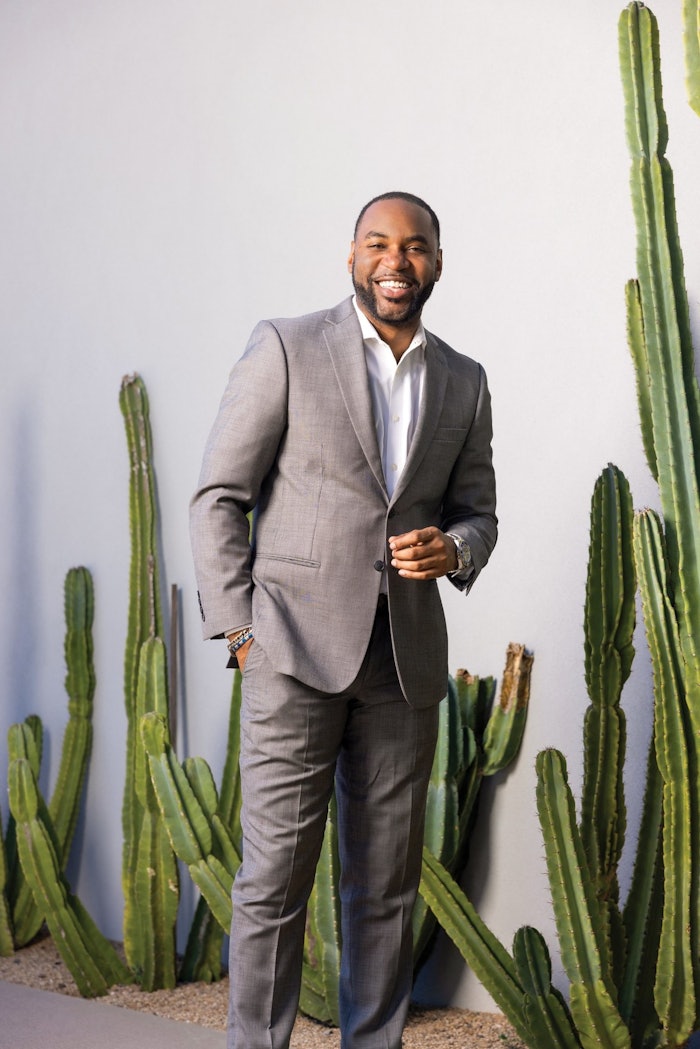
Name: Ethan Turner
Title: Perfumer, Maison Ethan Turner
Location: Phoenix, Arizona
Can you share a defining moment or significant breakthrough in your career as a perfumer?
Ethan Turner [ET]: During my career, there has constantly been an ebb and flow for what success and breakthroughs look like. I started as a perfumer focused on creating bespoke fragrances for individuals. I offered it on a quarterly subscription service. This allowed me to begin learning the trade but required a significant amount of time and creative energy. As I improved, I realized that there would need to be a different business model and a more strategic approach to perfumery to preserve my creative energy. That meant shifting my business and also improving the attributes of being a perfumer.
I went to ISIPCA and at the same moment shifted from working with individuals to brands, businesses and celebrities. This shift stabilized my company and finishing ISIPCA gave me a framework to help preserve creative energy. I believe this was an important breakthrough because my clientele has increased and the accuracy of my fragrances according to the briefs I’m presented has honed. I feel that now I can create complex or simple fragrances for small and medium-sized brands. I believe the next breakthrough will be an operational capacity breakthrough!
How do you find the right balance between artistic expression and the technical limitations of perfume formulation?
ET: One thing that I have learned, is it is easier to learn the science behind a trade than it is to learn the art. In order to strike a balance between artistic expression and technical limitations, I approach first with the art. When I am presented with a brief, I ask my clients to think less about the technical portion of a fragrance and more about what emotions and story they are trying to tell.
We discuss the sound of the fragrance, the color it evokes, the feelings they want the wearers to embrace, and the texture they want to feel when smelling it. We take this and craft a character and a story for this fragrance, which could be the ideal wearer or just a representation. After this is done, we look at the ingredients that help to bring this story to life. When there are technical limitations, we rely on the story to see what our main character will do to overcome the odds. I let the art guide me around technical limitations.
Are there specific skills or knowledge areas you believe are crucial for a perfumer to master?
ET: I believe the most important skill a perfumer can have is to learn to craft stories. Perfumery, to me, is a medium of storytelling. I wrote screenplays and novels in my youth, and the transition into perfumery was simply a matter of finding a new way to express those stories. Therefore, I think it is crucial to hone your empathic mind so you can create believable stories.
It is also important to have patience. Perfumery is a slow and meticulous trade. From designing the fragrance, the bottles, boxes, labels, and all of the details that are within those—you have to be patient. Staying meticulous about the details will help in writing formulas, inventory, checking batches for errors, memorizing ingredients, and recalling them at the right time. The technical side of perfumery is important, but I see it as a way to standardize (and keep safe) your perfumery practice. It can firm your predictions, prevent problems, and provide new hypotheses around your creations, but it will never replace the creativity necessary to tell stories.
How do you maintain your creativity and stay inspired in such a niche industry?
ET: I heard this question asked during a meet and greet with master perfumer Jean Claude Ellena, and it made me reflect on my answer to this. I would ask, do authors write the same story multiple times, do artists paint the same picture multiple times, and do musicians make the same song multiple times? The answer is rarely, but they do take inspiration from their previous work. As an artist, you are constantly seeking ways to either improve, reform or redact your creations.
Not everything is innovative and completely new, but most works of art are not duplicates. There is nothing new under the sun, but we can enjoy the shade in new parts of the world to take a new perspective on how the shade is valued. I try to seek new perspectives on life through travel, food, wine, meeting new people, learning new languages, and enjoying all that the world has to offer.
Abraham Heschel, a great philosopher and activist, believed when we lose the will to see “awe” in the world we lose our connection with God. I approach my art the same way, there is always something to be amazed by, and if you aren’t seeing it you haven’t really found the beauty in the world that God has created.
Have you ever had a fragrance experiment go amusingly wrong? What happened?
ET: Amusingly wrong is a great way to describe many of the fragrances that we create before submitting them for briefs. I have built fragrances that I thought I would hate and love. I have built fragrances that I thought I would love and hated. The beauty in an amusingly wrong fragrance is that we realize that “wrong” is in the eye of the beholder. There are fragrance enthusiasts for every type of fragrance. Wrong is a fragrance in comparison to its brief or its intention.
When the intention is artistry, can art ever be wrong? If someone enjoys the piece, but I as the perfumer don’t, it is a subjective experience. I once built a Pineapple Brandy fragrance when I first started working with business clients. It did not live up to their expectations. I shared this same sample with another business client, and with a few tweaks we had created their dream. There was a distinct greenness to the pineapple accord one client felt wasn’t great, which my other client adored. That is the beauty of amusingly wrong creations!
